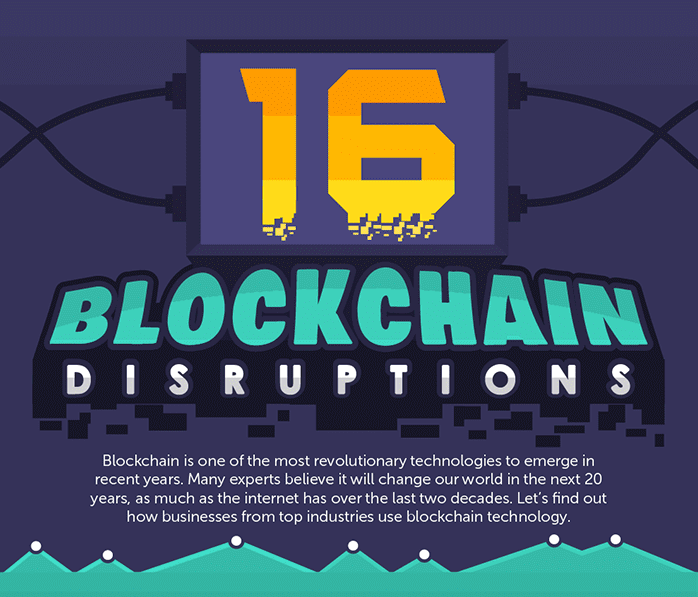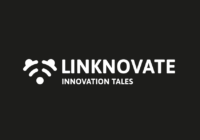You know we are all about digesting and analyzing data to make innovation-related decisions much easier. And if it’s done via an intuitive platform, even better 😉
So, when we saw this tweet from @enelstartup we couldn’t help to feel curious about how one of the leading Energy companies tackles innovation processes and remains at the top of the industry after nearly 60 years of business.
We searched a little and learned they’ve set up Enel Innovation Hubs, Enel’s innovation department that aims to “find the best technological solutions worldwide for Enel Group”.
In addition to the hubs, they have a crowdsourcing platform, openinnovability.com (the one the tweet is about), where startups or any organization or individual can “propose solutions to Enel’s business challenges” (or targets)” which are linked to some of the 2030 UN Sustainable Development Goals (SDGs). Then, Enel will review the submissions and turn the most promising into real collaboration projects.
Good job, Enel!
That’s exactly how we think corporates (or any sized-company) should prepare for what’s to come and approach innovation processes. So, we got in touch with them and did this interview to know EVERYTHING about how they tackle innovation to remain as one of the Energy Industry leaders in the future.
Innovation + Sustainability = Innovability
Why did you launch Enel Innovation Hubs?
We aim to be the innovation leaders in the Energy sector. And we plan to achieve it with the best startups and SMEs from all over the world.
To build a strong presence in the most innovative areas of the world, we teamed up with VC funds, accelerators, incubators, universities, other corporations, and government institutions. The result is a global network of Innovation Hubs and Labs, what we call Enel’s Innovation Hubs.
So far, we have scouted more than 4.000 startups, assessed more than 500 opportunities, and started collaborations with about 170 startups. Of which, about 40 are now scaled up on our businesses at a global level.
Where are these Hubs located?
We are located in Israel, Silicon Valley, and Russia; to allow Enel Group to tap into innovation where it happens the most.
Other hubs are located in countries where Enel has already developed strong expertise and know-how and can guarantee access to cutting edge technological laboratories and internal expertise. Italy (Milano, Pisa, Catania), Spain, Brazil, and Chile.
Can you share some examples of successful collaborations?
Surely, two projects that we helped make a reality are I Genius and TO BE.
I Genius is a startup that aims to develop AI-based products with the power to redefine the way people do business. They have developed
And, thanks to the Li-Fi technology, TO BE provides wireless communication between devices using light to transmit data and position. Actually, Catania hub&Lab is the first hub in the world equipped with a Li-Fi system.
The Role of Innovation
For launching a crowdsourcing platform, innovation must be the DNA of Enel. What’s the importance of innovation for Enel? Which role does innovation have within the company?
At Enel, we believe innovation can only drive progress if it is sustainable. And we are sustainable only when we can generate measurable, long-term, social and environmental development benefits. We call this “Innovability”, innovation and sustainability.
For this reason, we have explicitly committed to helping to achieve the UN Sustainable Development Goals (SDGs) that concern:
- support for quality education,
- access to affordable and clean energy,
- contributing to socio-economic development in the communities in which we operate,
- build resilient infrastructure, promote inclusive and sustainable industrialization and foster innovation,
- make cities and human settlements inclusive, safe, resilient, and sustainable,
- and the fight against climate change.
And we believe in achieving those through Open Innovation. An opening up to the outside world, to industrial partners, universities, research centers, startups, clients, and employees too. It is a virtuous ecosystem that allows us to work together to devise innovative solutions to meet society’s changing needs.
Innovation, in fact, is the next step of R&D approach and is not just in the technology forefront. Innovation is embedded into the Industrial Plan and, therefore, is at the core for reaching Enel’s target in terms of Operational efficiency, industrial growth, and
Staying ahead of the Competition
How does Enel “find out” what’s new, the most promising lines of innovation it should pursue?
Through the Enel Innovation Hubs, meetings with our partners, workshops and thematic innovation communities and intelligence activities. And deepening on innovation
And what about other organizations (universities or startups, for example) that are already working on those lines of innovation?
We have implemented the We4U, “World energy for Universities”. It is a partnership program with universities and research centers that aims to maintain a constant, multidisciplinary dialog focused on the challenges of the energy transition.
Among the partners, we count with Polytechnic of Milan, Polytechnic of Turin, Bocconi, Sant’Anna, Italian Institute of Technology (IIT), Research on the Energy System (RSE), Berkeley, MIT, Comillas and, more recently, Columbia University and Strathmore University
The Future of the Energy Industry
What are the biggest challenges the Energy Industry faces nowadays?
Today, the exponential growth of technologies is driving a disruptive change in the energy sector. In particular, two major forces are reshaping the traditional energy paradigm:
- Progress in materials science, spurring a rapid evolution of key transition technologies,
- and digitalization, redefining the way we produce, distribute and consume electricity. In fact, digitalization is not only enhancing efficiency but is unlocking new business models and fostering integration between business and customers.
These forces are driving energy transition through decarbonization and
towards a new sustainable business model.
What do you think would be the trends that will change or re-shape the future of the Energy sector in the next 3-5 years?
The urgency to tackle climate change is driving the current revolution of the Energy Industry. Facing the challenge of implementing a low carbon business model, the energy sector is coupling renewables and smart grids to enable electricity to emerge as a transformative force for a more sustainable and versatile energy system
And in the next 10 years, how do you imagine the Energy Industry will look like?
In a long-term horizon, hopefully, the Energy Industry will be consolidating its role as enabling factor for building smart cities. And, in general, a smart and sustainable world: urban environment with efficient buildings, smart lighting system, e-vehicles (including e-boats), etc.
An inclusive approach towards stakeholders will make the energy industry more and more responding to human needs. So, it will impact daily behavior in a flexible way, moving from providing just a commodity (electricity) to providing products and services in a wider landscape.






